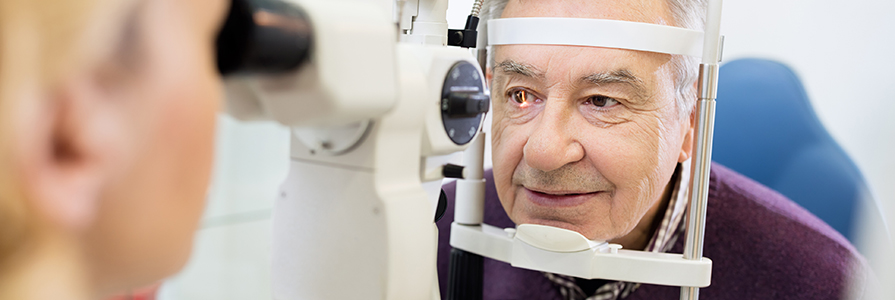Primary care

Where more day-to-day health education, advice or treatment is needed, which could be something urgent, but not so severe that someone is in critical danger, patients can access a range of vital local services in person or online, 24 hours a day, 7 days a week.
Whether it’s calling NHS 111 or visiting either NHS 111 online or the award-winning NHS website, there’s a full range of health and wellbeing information on offer so you can quickly and simply learn about the right self-care for your needs. Ask Alexa can also help with diagnoses for simple questions such as how to treat a migraine or what are the symptoms of flu and the NHS app is now also widely available to download for people who want to register for advice or to review their records, make online GP appointments and book repeat prescriptions..
Where something can’t be dealt with yourself, you can drop in to a local pharmacy, doctors’ surgery, dentists or opticians, for convenient healthcare from a number of specially trained and experienced professionals.
This is Primary Care – and for the first time in a generation, this specialty is changing, thanks to our highly-valued people, supported with a new long-term package of funding, new ways of working and improved technology. Primary Care will lead on improving the ‘whole person’ health of a local population, with a greater understanding of mental health, the benefits of social prescribing, personalised care, medicines management and how to age well than ever before. Totally new types of care for patients will be offered, particularly for complex conditions and things like anxiety and stress, as the NHS moves from treating illness, to identifying and helping people as soon as they notice something isn’t quite right.
The NHS Long Term Plan is already giving people more timely access to more services close to where they live by funding bigger, more widely skilled teams so people will can more easily connect with the right person for their needs.
What we will do
- There will be more funding for health services in local communities – £4.5 billion a year extra by 2023/24
- There will be more healthcare staff working in and with GP practices, which will mean people will be able to get an appointment with the right professional depending on their needs. This will include more GPs, nurses and 20,000 additional pharmacists, physiotherapists, paramedics, physician associates and social prescribing link workers (social prescribing link workers can support patients with their wider health and wellbeing, connecting people to community groups and services for practical and emotional support)
- These bigger teams of staff will work with other local services to make sure people get better access to a wider range of support for their needs
- New community health teams will provide support to people in their own homes to keep them well and out of hospital
- There will be an expansion in the number of services available in local GP practices including better services to diagnose people, physiotherapy and outpatient clinics that have previously only been available in hospital
- A single easy-to-use NHS App and ‘digital’ GP consultations will make services more convenient including advice to help people stay well and manage their own health.
Putting it into practice – GP practices in Luton join forces to improve patient care
In Luton, GP practices are working together with teams of health professionals, working closely with community, social care, and mental health services in the area to provide better care for patients.
Watch this video to find out how this way of working benefits not only patients like Alexandra, but also the staff working in the practices:
Find out more
- See examples of how primary care is changing to improve care for patients in places like Bristol and Wokingham.
- Hear David, a patient at New Court Surgery in Malvern, talk about how access to GP online services such as his GP record and online test results, helps him to better manage his health.
- See what the NHS Long Term Plan says about primary care in more detail.
- This short animation shows how local health and care services are working together in Primary Care Networks to provide better care for patients.
- This video explains how primary care has changed since the NHS was established.
